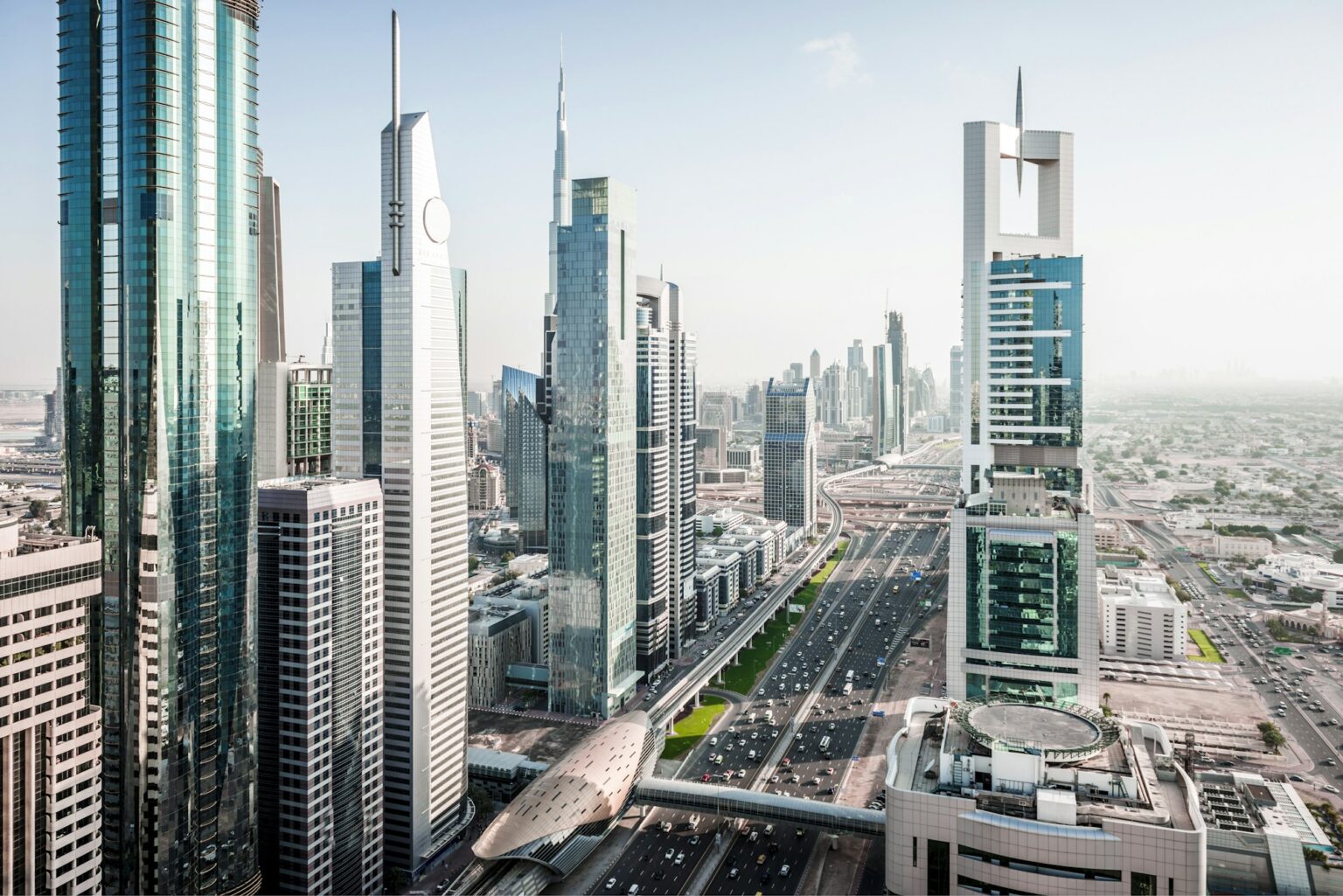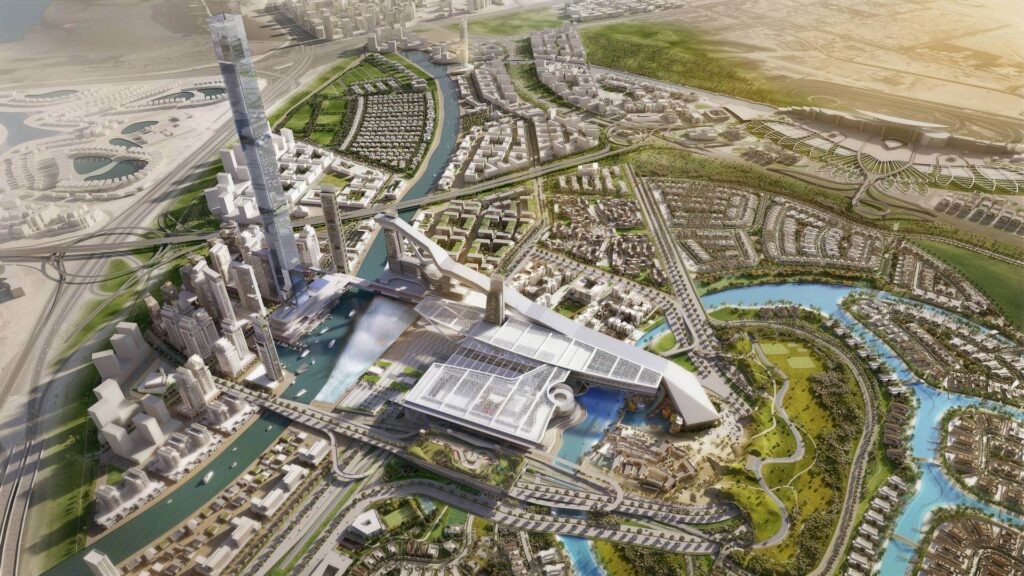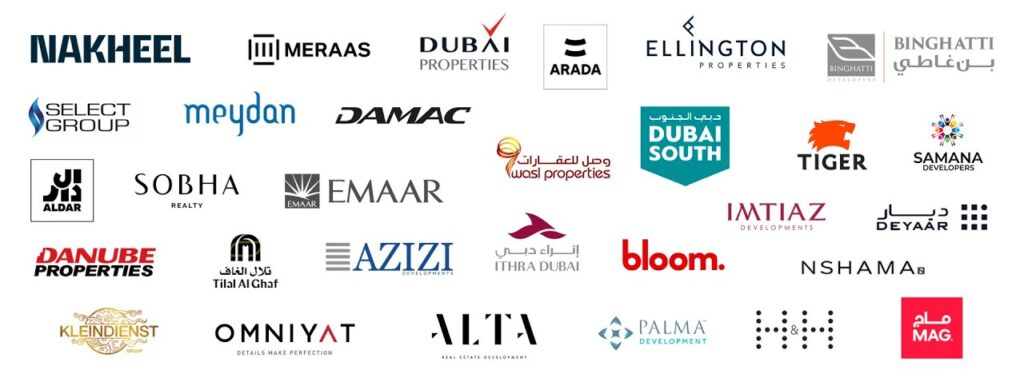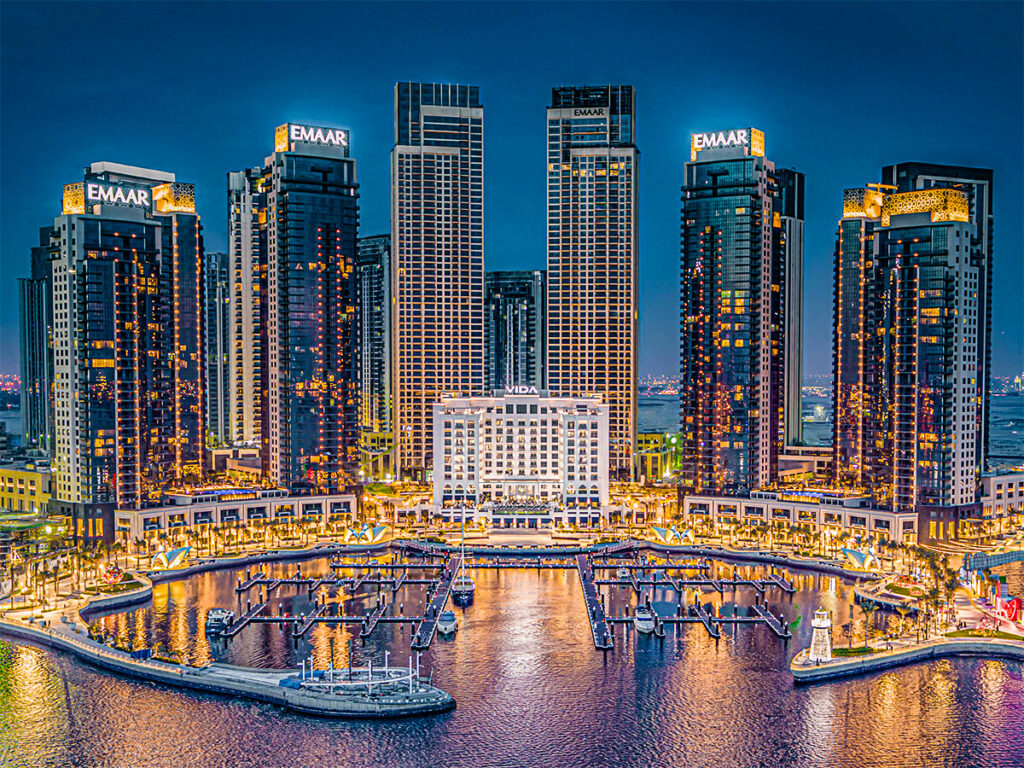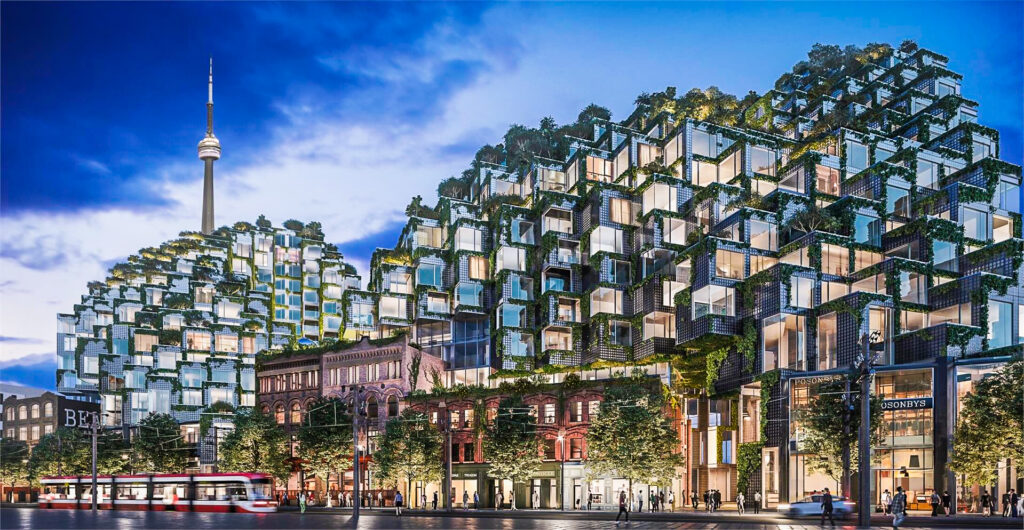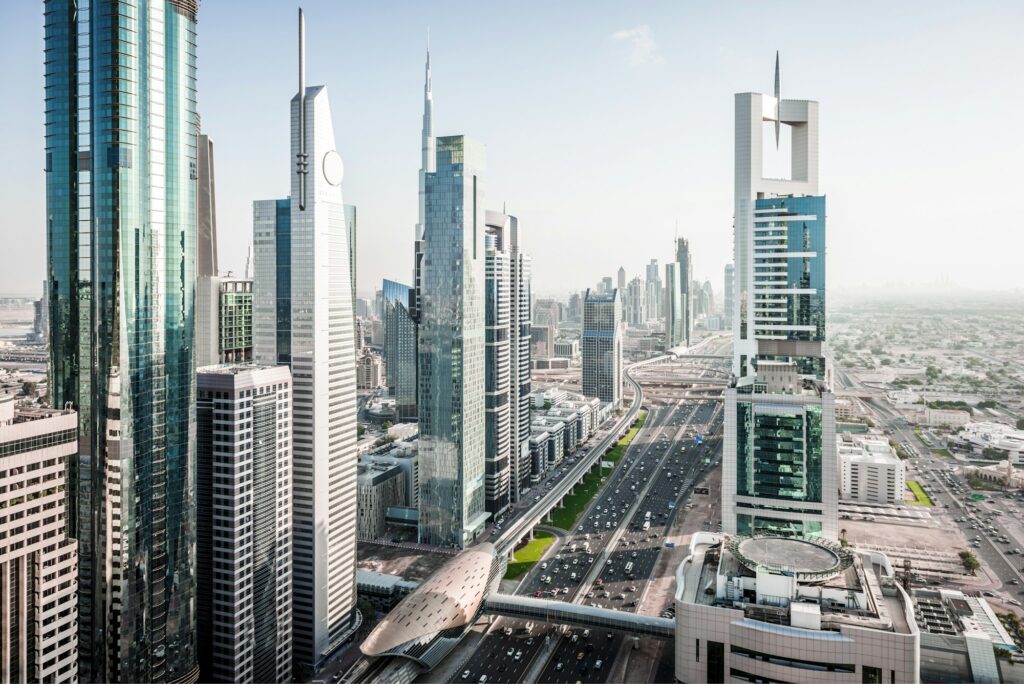Introduction
The Dubai office rents has experienced a significant shift, with rents soaring by 15% in 2024. This surge reflects broader trends within the real estate sector, driven by economic growth, increased demand, and a focus on premium quality office spaces. Understanding these trends is essential for businesses and investors looking to navigate the evolving landscape.
Overview of Dubai's Office Market in 2024
Dubai's office market has witnessed remarkable changes in the first half of 2024. The total office gross leasable area (GLA) increased by 20,000 square meters, bringing the total to approximately 9.26 million square meters. Notably, the newly added stock consisted predominantly of Grade A quality offices, highlighting the market's shift towards high-end office spaces. Areas like Umm Ramool have seen substantial developments, positioning themselves as key business hubs.
The increase in rents is most pronounced in Dubai's central business district (CBD), where average Grade A rents surged by 15% year-on-year, reaching AED 2,630 per square meter per annum. This upward trend reflects the growing demand for prime office spaces, driven by both local businesses and international corporations seeking to establish or expand their presence in Dubai.
Factors Driving the Rent Increase
Several factors contribute to the rising office rents in Dubai:
- Economic Growth: Dubai's robust economic growth is a primary driver of increased office rents. As the economy expands, businesses grow, leading to higher demand for office space. The strong performance across various sectors, including finance, technology, and trade, has bolstered the need for premium office locations.
- Demand Surge: The demand for office space has surged due to several factors, including Dubai's strategic location, business-friendly policies, and the influx of multinational companies. The push for high-quality, sustainable office environments has further intensified this demand, with companies prioritizing spaces that offer modern amenities and align with their corporate values.
- Supply Constraints: Despite the addition of new office spaces, the supply remains constrained relative to the soaring demand. The limited availability of prime office locations has exerted upward pressure on rents. Upcoming projects, while promising, will take time to alleviate these constraints, maintaining a landlord-favorable market in the short to medium term.
Future Trends in Dubai's Real Estate Market
The future of Dubai's real estate market looks promising, with several key trends shaping its trajectory:
- New Developments: Developers are actively launching new office projects to meet the growing demand. Noteworthy projects include the Immersive Tower, set to add nearly 59,000 square meters of Grade A space to the CBD by 2027. Additionally, Aldar Properties plans to develop office spaces in Yas, Saadiyat, and Al Maryah Islands, further expanding the commercial real estate landscape.
- Sustainability Focus: There is an increasing emphasis on sustainability in new office developments. Occupiers are seeking eco-friendly buildings that comply with global environmental standards. This trend is driving developers to incorporate green technologies and sustainable practices in their projects, enhancing the overall appeal and value of these spaces.
- Investment Opportunities: The dynamic real estate market in Dubai presents numerous investment opportunities. Investors are particularly interested in premium office spaces due to their high rental yields and capital appreciation potential. With continuous economic growth and strategic developments, Dubai remains an attractive destination for real estate investments.
Implications for Businesses
The rising office rents have several implications for businesses operating in Dubai:
- Cost Management: Managing increasing rental costs is crucial for businesses. Companies can explore various strategies such as renegotiating lease terms, optimizing office space utilization, and considering flexible work arrangements to mitigate the financial impact.
- Relocation Options: Businesses may consider relocating to emerging business districts where rents are comparatively lower. While the CBD remains a prime location, areas like Umm Ramool and other upcoming commercial hubs offer attractive alternatives with modern amenities and lower costs.
- Lease Negotiations: In a market characterized by rising rents, effective lease negotiations become essential. Businesses should leverage their bargaining power to secure favorable lease terms, including rent-free periods, fit-out contributions, and flexible lease durations.
Expert Insights
Industry experts provide valuable insights into the trends shaping Dubai's office market. According to Faraz Ahmed, Research Director at JLL, the positive outlook for the office market is supported by a strong economy, diverse demand, and an occupiers' focus on quality spaces and sustainability. Ahmed notes that the steady launch of new projects by developers will gradually address supply constraints, but the market will remain favorable for landlords in the near term.
Real estate analysts emphasize the importance of sustainability and innovation in maintaining Dubai's competitive edge. The incorporation of smart technologies, energy-efficient designs, and wellness-oriented features are expected to drive the future demand for office spaces. As businesses prioritize employee well-being and environmental responsibility, the demand for sustainable offices will continue to rise.
Conclusion
In summary, the Dubai office market is experiencing significant growth, with rents rising by 15% due to strong economic performance, increased demand, and limited supply. The focus on high-quality, sustainable office spaces is reshaping the real estate landscape, presenting opportunities and challenges for businesses and investors. As the market evolves, strategic planning and effective cost management will be key to navigating the changing dynamics and capitalizing on the growth opportunities in Dubai's real estate sector.
Additional Resources
For further reading on Dubai's real estate market trends and insights, visit the following links:
For personalized advice and consultations, contact JLL's real estate experts at
Faraz Ahmed.
By staying informed and proactive, businesses and investors can successfully navigate the dynamic real estate market in Dubai and leverage the emerging opportunities for growth and expansion.
